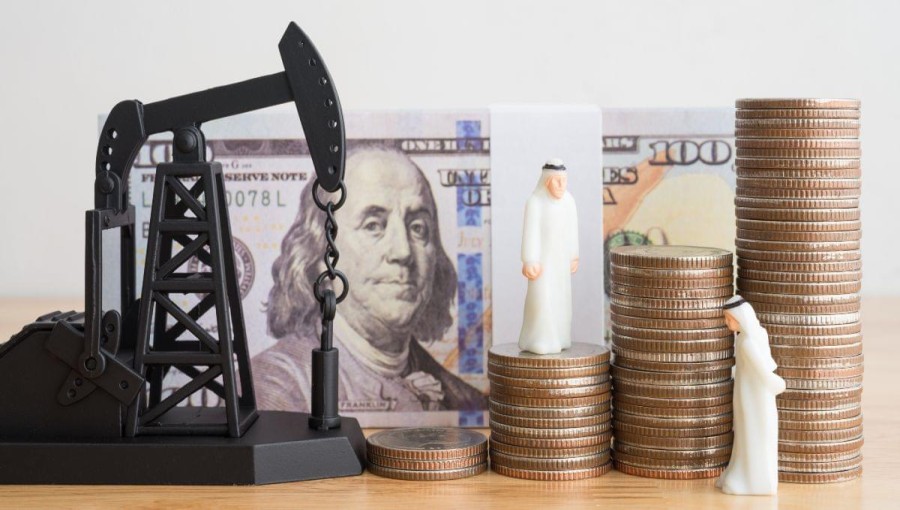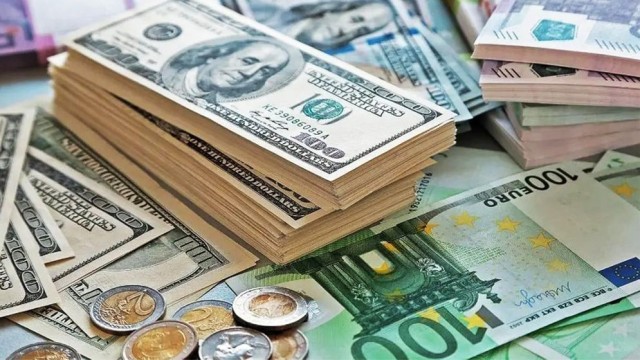Economy June 8, (V7N)- A monumental shift in the global economic landscape is unfolding today as Saudi Arabia has opted not to renew the 1973 Petrodollar Agreement with the United States. This decision by Crown Prince Mohammed bin Salman marks the end of a 51-year-old pact that has significantly influenced global financial systems and cemented the US dollar's status as the world's primary reserve currency.
The Petrodollar Agreement, a secret accord brokered by President Richard Nixon and Secretary of State Henry Kissinger, required OPEC countries, particularly Saudi Arabia, to sell oil exclusively in US dollars. In return, the US promised political and military protection for these nations. This agreement ensured a steady global demand for US dollars, reinforcing its dominance in international trade and finance.
Today’s expiry of the security agreement signals a significant shift. With Saudi Arabia's decision not to renew, the exclusive oil-for-dollars trade is expected to cease. This change could potentially lead to a diversification of currencies used in global oil transactions, weakening the US dollar’s dominance.
The anticipation of this change has already impacted financial markets. On Friday, gold prices saw a significant downturn, closing at $2,293.84, a drop of $83.15 or 3.50%. Analysts attribute this to a concerted effort by major bullion banks to short the gold market, likely in an attempt to stabilize the perception of the US dollar ahead of today's pivotal event.
The dissolution of the petrodollar system could trigger a series of global economic repercussions. The US dollar might lose its status as the world’s primary reserve currency, leading to increased volatility in global markets. This transition period is expected to be marked by significant economic and geopolitical shifts, with potential black swan events causing widespread uncertainty and disruption.
Economic experts and analysts are divided on the long-term effects of this change. Some predict a gradual decline in the dollar's value as other currencies and assets, such as the Chinese yuan and cryptocurrencies, gain prominence. Others foresee potential economic turmoil as markets adjust to a new financial order.
As the world braces for the impact of Saudi Arabia's decision, the next decade is anticipated to be a period of profound transformation. Nations, businesses, and individuals are advised to prepare for an era of economic uncertainty and to remain vigilant as the global financial landscape undergoes significant changes.
END/V7N/RFM/DK/






























Comment: